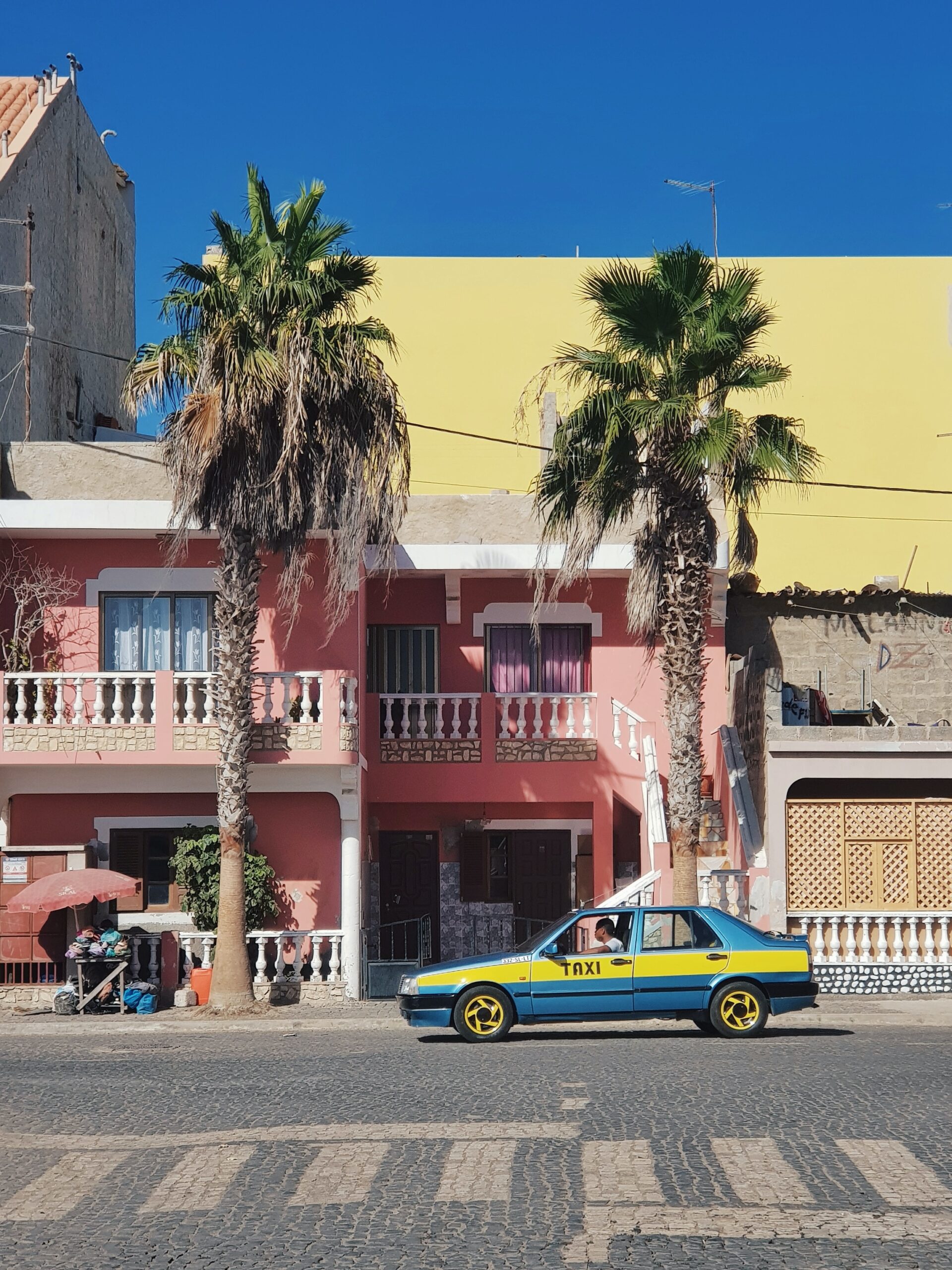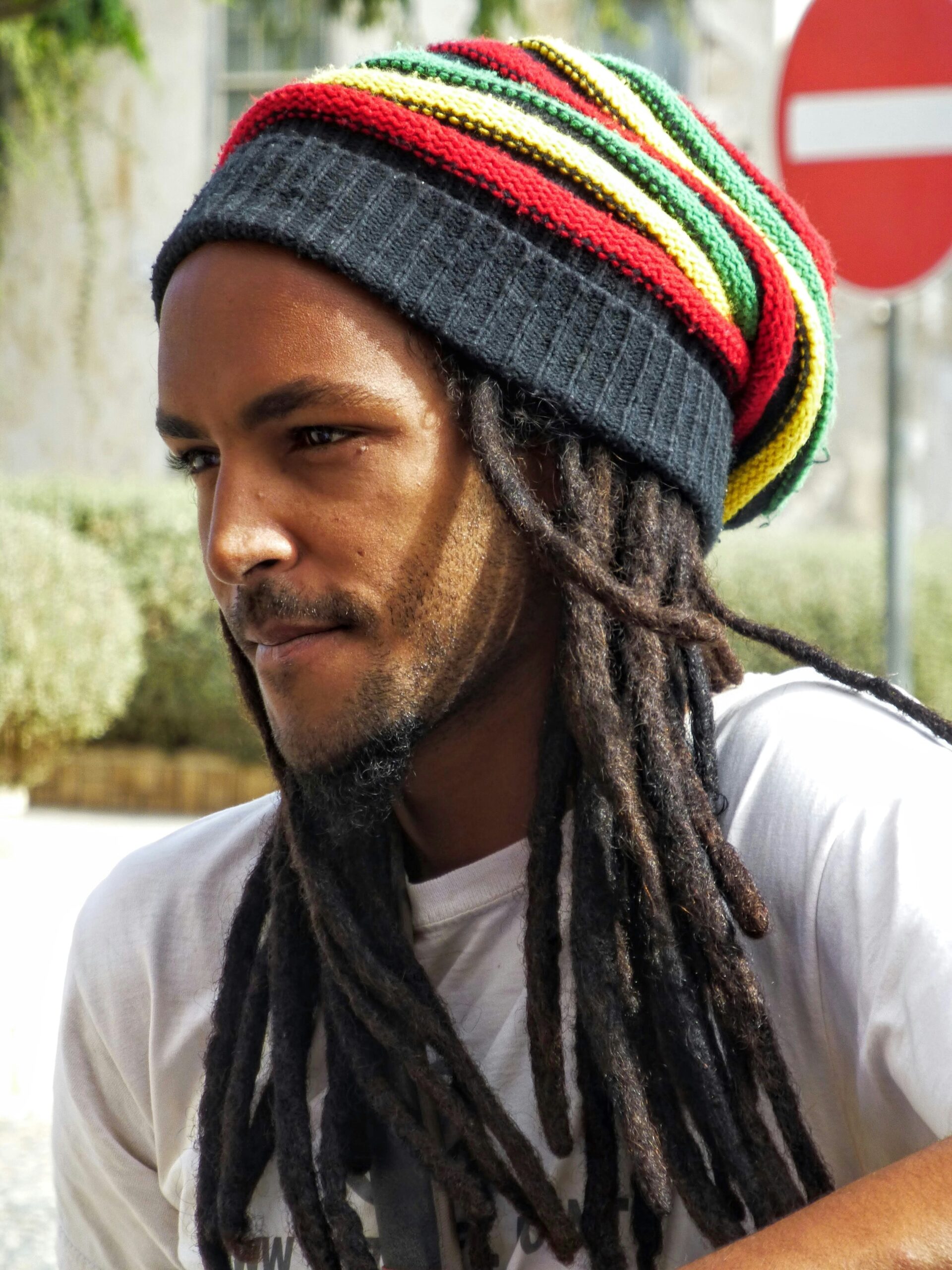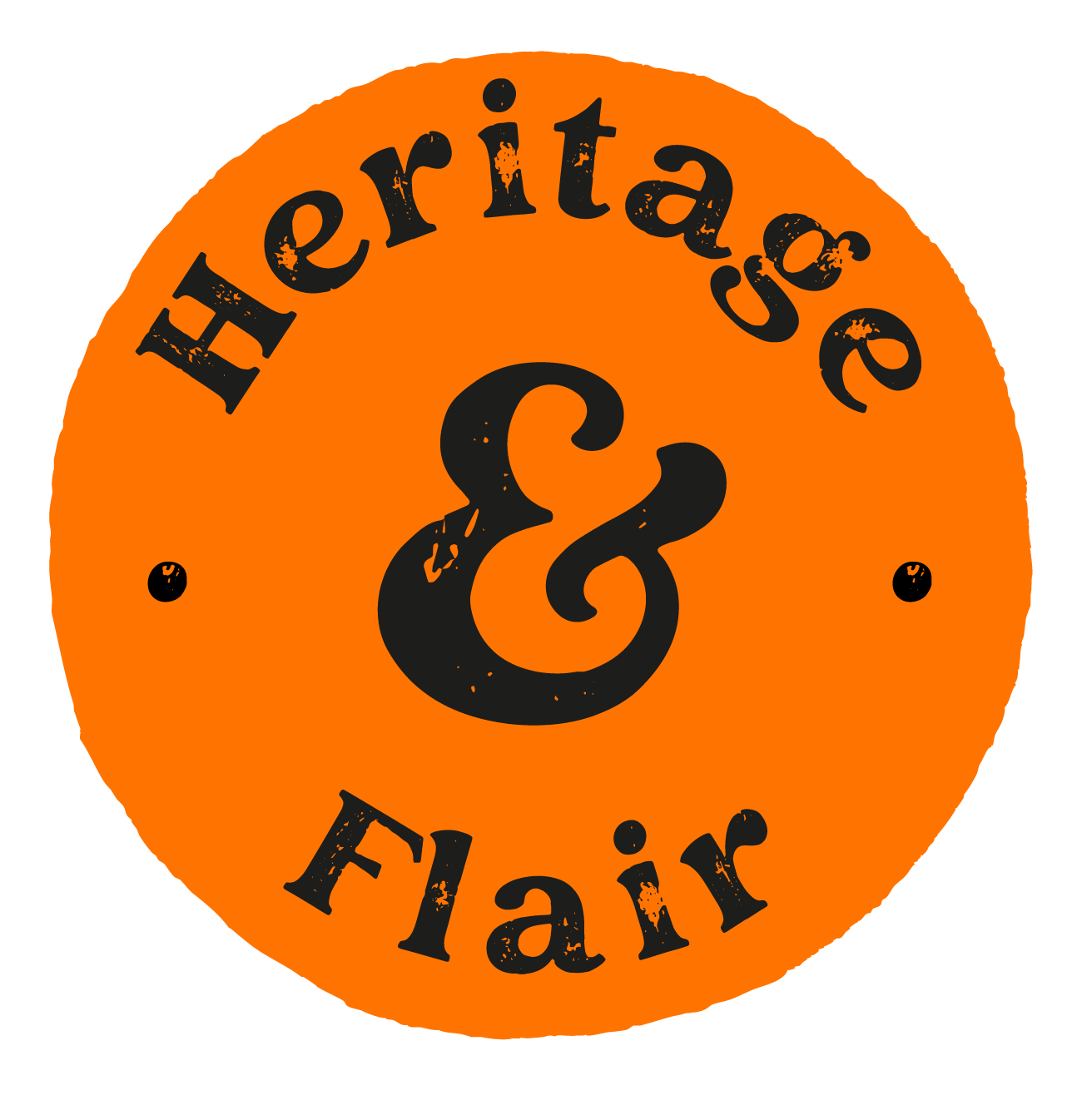
Photo by Martin Widenka
Cape Verde
Cape Verde, officially known as the Republic of Cabo Verde, is an island nation located in the central Atlantic Ocean, about 570 kilometers (350 miles) off the coast of West Africa. It is composed of ten volcanic islands and five islets.
The capital city of Cape Verde is Praia, situated on the southern coast of Santiago, the largest and most populous island.
Portuguese is the official language of Cape Verde, reflecting the country’s colonial history. However, Cape Verdeans commonly speak Cape Verdean Creole, a blend of Portuguese and African languages.
Cape Verde has a population of around 550,000 people. The majority of the population is of mixed European and African descent. The islands were uninhabited until the arrival of Portuguese explorers in the 15th century. The archipelago became an important centre for the transatlantic slave trade.
Cape Verde gained independence from Portugal in 1975.
Cape Verde peacefully gained independence on July 5, 1975. Since then, the country has developed a stable political environment. Cape Verde is a democratic republic with a multi-party political system. The President of the Republic is both the head of state and head of government.
Cape Verde’s economy is service-oriented, with tourism, trade, and remittances from Cape Verdeans living abroad being significant contributors. The country has also been investing in renewable energy.
Cape Verdean culture is a vibrant mix of African and European influences, reflected in music, dance, and cuisine. The morna, a genre of music, is an important cultural expression, and Cape Verde has produced internationally acclaimed musicians, including Cesária Évora.
The Carnival of Mindelo, held in São Vicente, is one of the most famous cultural events in Cape Verde. It features colourful parades, music, and traditional dances, attracting both locals and tourists.
The historic town of Cidade Velha on Santiago Island is a UNESCO World Heritage Site. It was the first European colonial outpost in the tropics and has well-preserved historic buildings.
Cape Verde offers diverse landscapes, from the volcanic peaks of Fogo Island to the white sandy beaches of Sal and Boa Vista. The islands provide opportunities for hiking, water sports, and birdwatching.
Verdean Creole, locally known as “Kriolu” or “Crioulo,” is a significant part of daily communication and cultural expression. It has various dialects across the islands.
Cape Verde has been recognised for its commitment to sustainable development and renewable energy. The country aims to become a model for environmental sustainability in Africa.
Hidden Insights: Uncovering Cape Verde
1. Ile à Rats: Off the coast of Santiago, there’s a small islet called “Ile à Rats,” which translates to “Islet of Rats.” Despite its somewhat ominous name, the islet is a picturesque spot known for its rocky shores and diverse birdlife.
2. Presidential Palace in Praia: The Presidential Palace in Praia is an architectural gem. Built during the colonial era, it features a blend of neoclassical and Moorish influences. The palace is a symbol of the country’s history and governance.
3. Baía das Gatas Festival: The Baía das Gatas Festival is an annual music festival held on São Vicente Island. It attracts both local and international artists and is known for its vibrant atmosphere and diverse musical genres.
4. Mount Fogo Observatory: Mount Fogo on Fogo Island is an active volcano, and the Mount Fogo Observatory provides insights into volcanic activity. The landscapes around the volcano are surreal, with lava fields and the picturesque town of Cha das Caldeiras.

Photo by Nick Fewings

Photo by Belinda Fewings
Capital City: Praia
Population: 587,925 (2021)
Nationality: Cabo Verdean(s)
Location: Western Africa
Languages: Portuguese (official), Crioulo (a Portuguese-based Creole language with two main dialects spoken in Cabo Verde and in the Cabo Verdean diaspora worldwide)
Religion:
Roman Catholic 77.3%, Protestant 4.6% (includes Church of the Nazarene 1.7%, Adventist 1.5%, Assembly of God 0.9%, Universal Kingdom of God 0.4%, and God and Love 0.1%), other Christian 3.4% (includes Christian Rationalism 1.9%, Jehovah’s Witness 1%, and New Apostolic 0.5%), Muslim 1.8%, other 1.3%, none 10.8%, unspecified 0.7% (2010 est.)
Area Total: 4,033 sq km
Cape Verde Embassy in UK
Address: 33 Buckthorne Road, London SE4 2DG
Website: N/A
Correcting The Map: The True Size Of Africa
The Mercator Projection downplays the size of Global South continents as it makes the Global North look larger
Heritage: What shapes us?
When heritage is mentioned, our minds often leap to the spectacular and the visible: the grandeur of world heritage sites, the majesty of traditional attire, the vibrant swirl of dances and festivals, or the melodies of mother tongues. These are the showpieces of...
HER-itage: Africa’s Phenomenal Queens And Leaders
Honouring and celebrating the incredible contributions of women throughout African history. These remarkable women have shaped nations, led revolutions, and stood against oppression with unwavering resilience. These queens, warriors, and visionaries broke barriers,...
